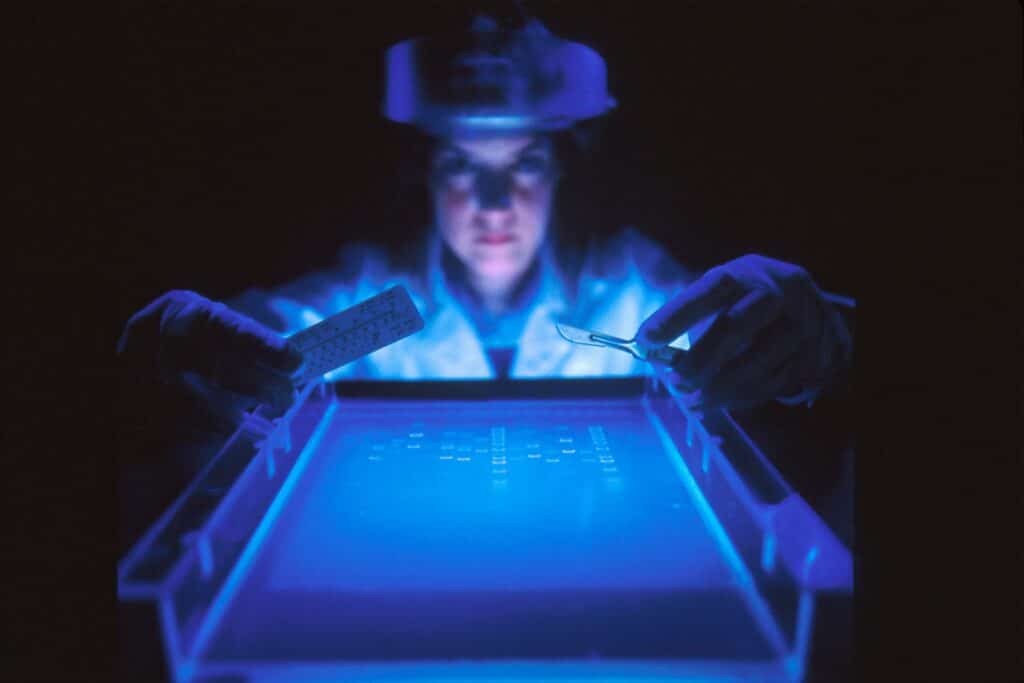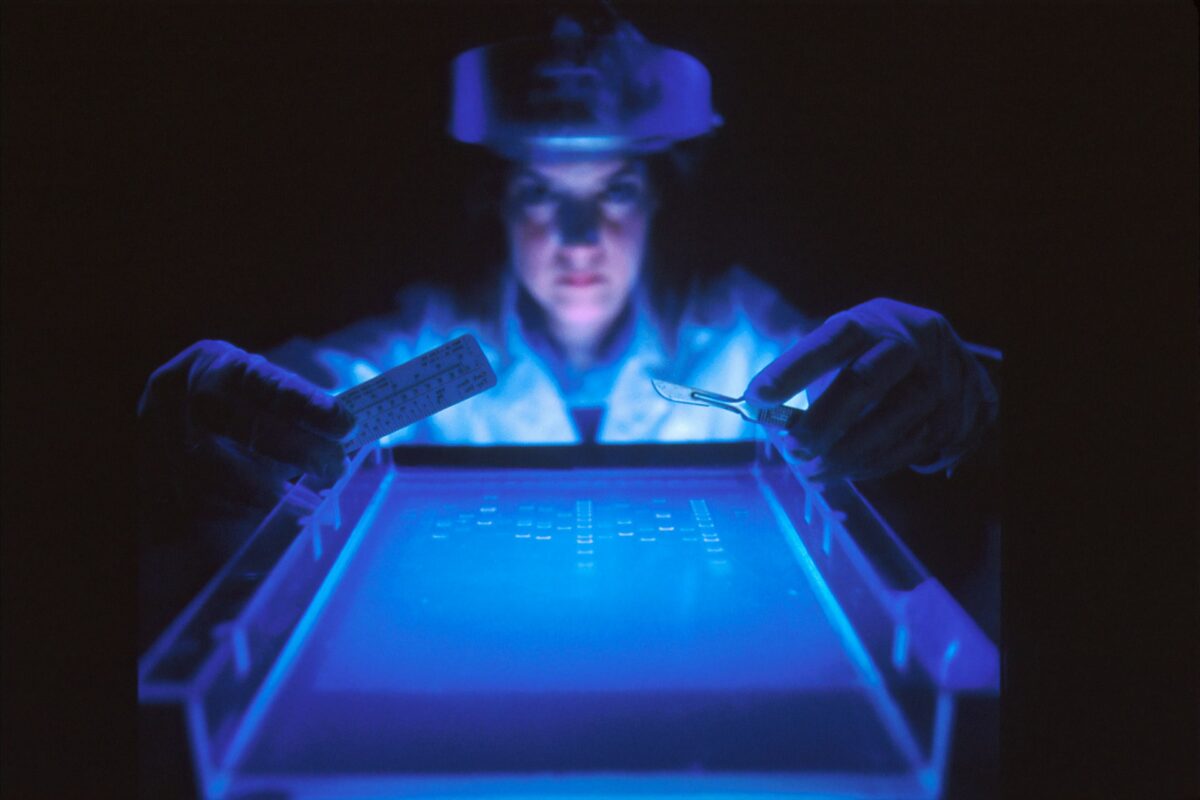|
Getting your Trinity Audio player ready…
|
Working for myself, I get to work from home and use the many different skills and experiences I have gained over my professional career and the different roles I have performed over the years, and it gives me the opportunity to accomplish new life goals. This is a guest post on how the dream to become a Forensic Scientist drove the author to pursue a PhD in analytical chemistry leading to not only the successful fulfillment of that dream but much, much more – this post is by none other than Dr.

There may be many reasons why someone decides to do a Ph.D. In my case, my dream as a child was to become a Forensic Scientist.
During my childhood, I used to watch the TV documentary Forensic Files with my dad. I found it fascinating how science was used to solve crimes. After finishing my B.S. degree in chemistry, I was advised to pursue a graduate degree in analytical chemistry instead of forensic chemistry so that I could keep my options opened and not limited to just knowledge and skills related to forensics. So, I picked a university that also picked me, and I chose a lab that had an interesting research topic, and I did my Ph.D. in chemistry, following an analytical chemistry major.
After finishing grad school, I became a Forensic Scientist in Toxicology, and also after extensive training, I became an Expert Witness in Forensic Toxicology.
This was a government job, and different from what many think, this was a fast-paced and stressful job not meant for everybody.
Not just because of the legal nature of the job but because you had to deal with many moving targets at the same time and complete them all ASAP. Even though for the most part it was an intense job, it was also an exciting job, and it felt good to use science to contribute to society (and no, it is not like CSI…you can’t solve a crime in one day. It takes many days and lots of legal procedures and paperwork involved). However, after 3 years I felt that my time was not properly used there and that I wanted to go back to do scientific research.
I then looked for research opportunities in the private sector requiring the experiences I acquired during my Ph.D.
I found a position that perfectly matched my Ph.D. background and moved cross-country to work at a medical device company as a Research and Development Scientist. I was in charge of four main projects in addition to contributing or participating in smaller projects. I also performed the duties of a Processing Engineer since we did not have one at the time.
My work was fundamental to keep the company going by sustaining product manufacturing and also contributing to the innovation behind the next generation of products. It was very rewarding to be part of creating novel science and adding to the continued growth that was helping patients suffering from diabetes.
After 2 years I started to entertain the idea of finding a scientific career away from the bench. I honestly was exhausted from all the endless hours spent in the lab for so many years and from all the high pressure involved in this type of job. I was wondering about the possibility to keep doing science but away from the bench…and also at a little slower pace.
I also enjoy helping others and teaching and was wondering if I could do these without having to go to work in academia. That was the time that I learned about technical customer support roles. I had no idea that this was a scientific career! These are roles that allow helping customers by providing scientific-technical knowledge before, during, and after the sale of an analytical instrument or technique.
I was hired as a Field Technical Support Scientist for a company that sells analytical instrumentation.
This was the job I enjoyed the most because it allowed me to still be involved in science by learning about a variety of different testing techniques, different types of scientific work, and helping scientists do more science. I also enjoyed the variety and flexibility this job offered. Some days I worked from home, other days I worked from the office, and others I worked onsite visiting customer labs.
Each day was different.
It was very gratifying to assist customers and help them learn new techniques and how to operate a new instrument, including training them on how to maintain it and do basic troubleshooting.
I loved and enjoyed being in a customer service position, but I was also dreaming of the possibility of being able to work remotely from home without the need to go anywhere. Working for myself was the answer.
No commute and no leaving the house as I work for myself means to me having more time to be more productive at work to accomplish more and also more time to enjoy life outside of work.
I realized that I could use the experiences, knowledge, and talents I gained during those 12+ years of combined experience working in academia, government, and industry to create my own job as a freelancer.
Forensic Scientist to working for myself
Then the COVID-19 pandemic started, and it pushed me to make this dream a reality. I left my job and became a virtual assistant to help laboratories and also clients and companies outside laboratories with administrative and technical tasks, and also providing consulting services.
As an independent contractor working for myself, I get to work from home and use the many different skills and experiences I have gained over my professional career and the different roles I have performed over the years, and it gives me the opportunity to accomplish new life goals.
Obtaining a Ph.D. is not for everyone as it may not be necessary to accomplish a specific goal or goals in life. In my case, it allowed me to learn experiences that led me to achieve my childhood career dream that then led me to achieve other career dreams and ultimately the type of job (working for myself) that gives me the flexibility that I was looking for to achieve life goals. You just have to be willing to always learn, adapt, and embrace change. Also, in my opinion, it is crucial that your professional career passions are intertwined with your personal life passions so that you can be fully content and feel fulfilled in life.
You might also like: How to get started with data science using Python (New to coding)
How to get started with data science using Python (New to coding)


Leave a Reply